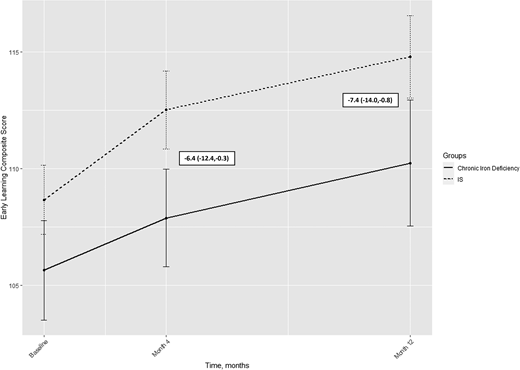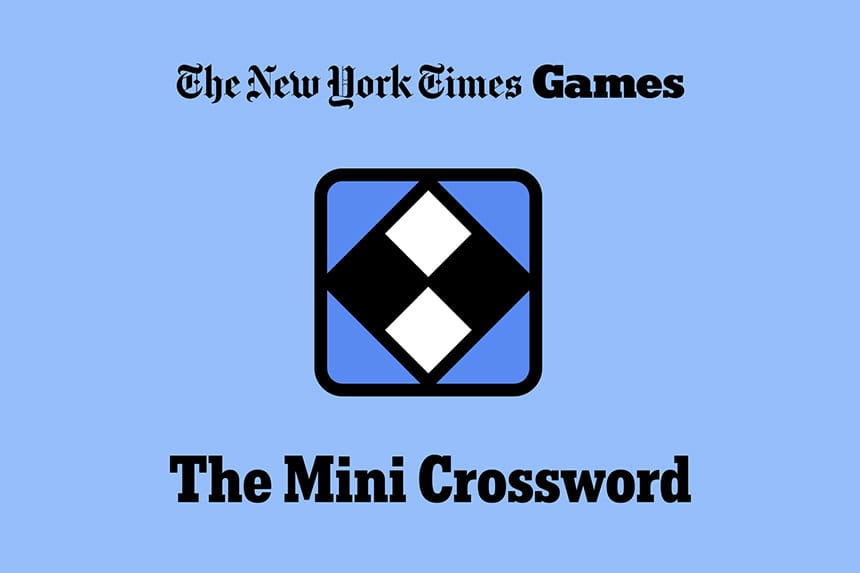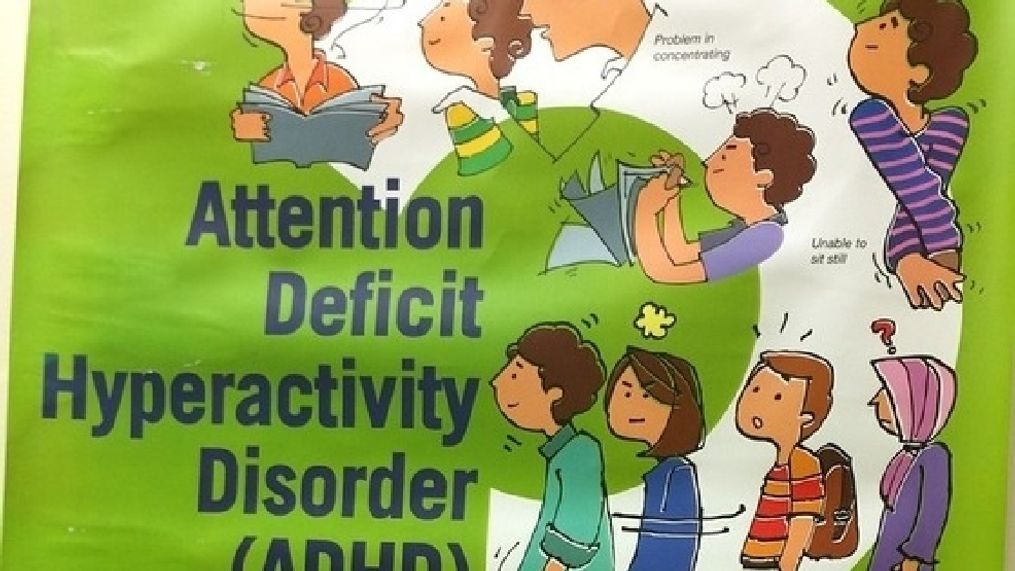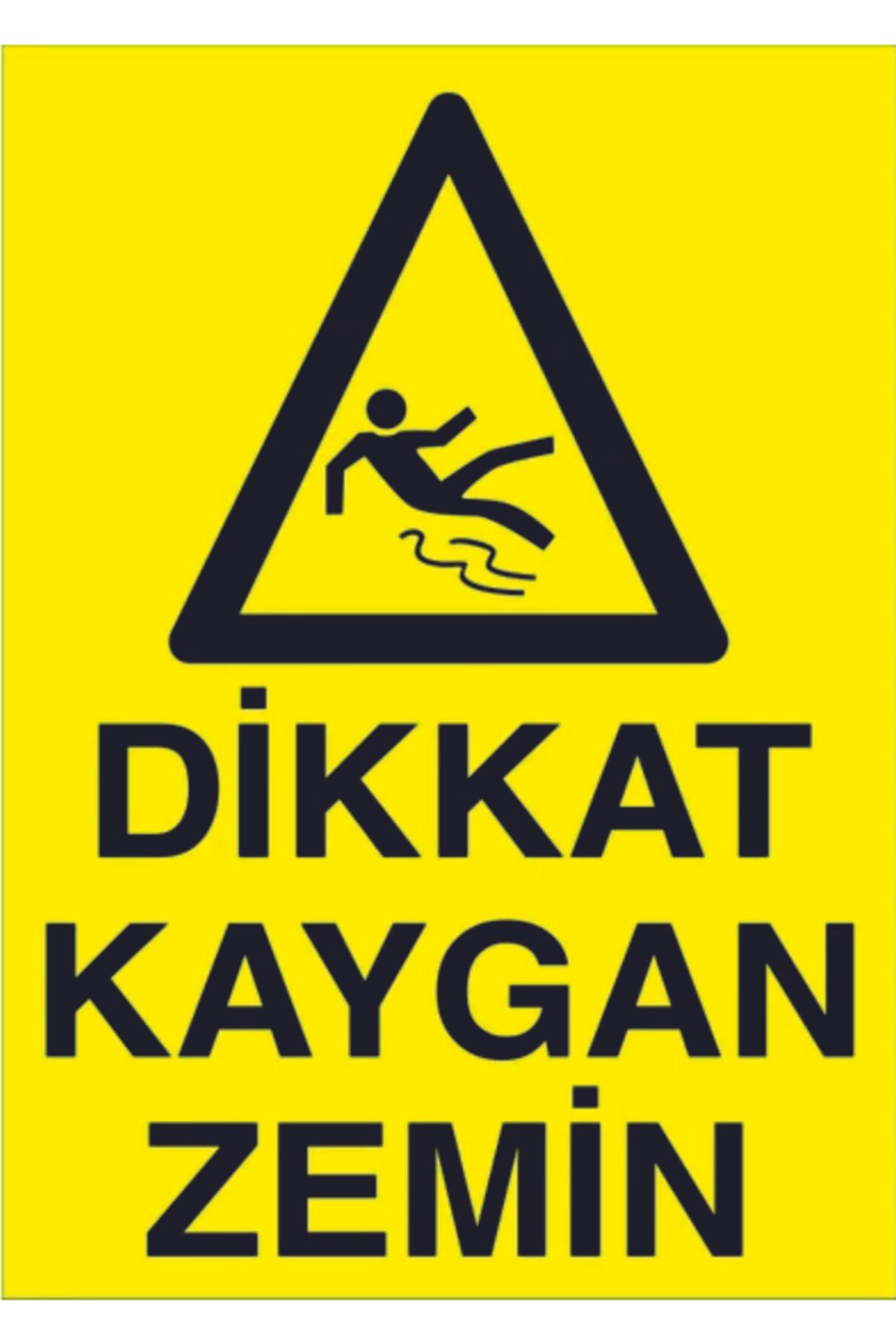Iron, ADHD, And Cognitive Decline In Aging Adults

Table of Contents
Iron's Crucial Role in Brain Health and Cognitive Function
Iron is a fundamental element for optimal brain health and cognitive function. It plays a vital role in:
- Oxygen Transport: Iron is a key component of hemoglobin, the protein in red blood cells responsible for carrying oxygen throughout the body, including the brain. Adequate oxygen supply is critical for optimal neuronal function.
- Neurotransmitter Synthesis: Iron is essential for the synthesis of several crucial neurotransmitters, including dopamine and norepinephrine, which are vital for regulating mood, attention, and cognitive processes. A deficiency can severely disrupt these vital pathways.
Iron deficiency, particularly iron deficiency anemia, can lead to a cascade of cognitive impairments:
- Memory Loss: Difficulty recalling recent events, names, or appointments is a common symptom.
- Reduced Attention Span: Inability to focus, easily distracted, and struggling to complete tasks.
- Executive Dysfunction: Impaired planning, problem-solving, and decision-making abilities.
Brain regions particularly vulnerable to iron deficiency include the hippocampus (critical for memory) and the prefrontal cortex (essential for executive functions). Addressing iron deficiency can potentially improve cognitive performance in these areas.
ADHD and Iron Deficiency: A Potential Connection
Research indicates a potential link between ADHD and iron deficiency, particularly in children and adolescents. While the exact nature of this relationship requires further investigation, several mechanisms are proposed:
- Dopamine and Norepinephrine Imbalance: Iron plays a crucial role in the synthesis of dopamine and norepinephrine, neurotransmitters significantly involved in attention, focus, and impulse control. Iron deficiency may disrupt the delicate balance of these neurotransmitters, potentially contributing to ADHD symptoms.
- Impact on Brain Development: Iron deficiency during crucial developmental periods might disrupt brain maturation, increasing the risk of ADHD.
While iron supplementation isn't a standalone treatment for ADHD, some studies suggest that it can improve certain ADHD symptoms, especially in individuals with concurrent iron deficiency. However, it's crucial to emphasize the need for further research to establish a definitive causal relationship and determine the efficacy of iron supplementation as an adjunct therapy for adult ADHD. The results are not universally positive, and further studies are needed.
Iron Deficiency and Cognitive Decline in Aging Adults: Increased Vulnerability
The risk of iron deficiency increases with age, due to factors like decreased iron absorption, dietary changes, and underlying medical conditions. This heightened vulnerability can exacerbate age-related cognitive decline.
- Combined Effects: The combined impact of age-related cognitive changes and iron deficiency can lead to a more pronounced decline in cognitive function than either factor alone.
- Increased Risk of Dementia: Some research suggests a correlation between iron deficiency and an increased risk of developing certain types of dementia.
Regular iron level checks are crucial for older adults, especially those with ADHD or a family history of cognitive impairment. Early detection and intervention can potentially mitigate the negative consequences of iron deficiency on cognitive function. Dietary changes, such as increasing consumption of iron-rich foods (e.g., red meat, spinach, lentils), and iron supplementation under medical supervision, can be effective interventions.
Diagnosing and Managing Iron Deficiency in Relation to ADHD and Cognitive Decline
Proper diagnosis of iron deficiency relies on blood tests measuring ferritin levels, a key indicator of iron stores in the body. Low ferritin levels suggest iron deficiency. Treatment strategies include:
- Dietary Changes: Incorporating iron-rich foods into the diet is the first line of defense.
- Iron Supplements: If dietary changes are insufficient, oral iron supplements, under the guidance of a healthcare professional, may be necessary. The dosage and type of supplement will be tailored to individual needs.
- Addressing Underlying Medical Conditions: Sometimes, iron deficiency is a symptom of an underlying medical condition, which needs to be addressed.
It is imperative to consult a healthcare professional for personalized advice. Self-treating iron deficiency can be dangerous, so medical guidance is essential to determine the appropriate course of action and ensure safe and effective management.
Conclusion: Protecting Cognitive Health Through Iron Management in Aging Adults with ADHD
This article highlights the significant role of iron in brain health and the potential interplay between iron deficiency, ADHD, and cognitive decline in aging adults. Regular iron level checks, especially in older adults with ADHD, are crucial for early detection and intervention. Addressing iron deficiency through dietary modifications or iron supplementation, under medical supervision, can help mitigate the negative impact on cognitive function and enhance overall cognitive health. Don't let iron deficiency compromise your cognitive health. Schedule an appointment with your doctor today to discuss your iron levels and protect your brain health.

Featured Posts
-
 Solving The Nyt Crossword Strands Clue Help For Puzzle 360 Feb 26th
Apr 29, 2025
Solving The Nyt Crossword Strands Clue Help For Puzzle 360 Feb 26th
Apr 29, 2025 -
 Tariff Uncertainty Drives U S Businesses To Cut Expenses
Apr 29, 2025
Tariff Uncertainty Drives U S Businesses To Cut Expenses
Apr 29, 2025 -
 Actors And Writers Strike The Impact On Hollywood
Apr 29, 2025
Actors And Writers Strike The Impact On Hollywood
Apr 29, 2025 -
 Wife Of Country Music Legend Addresses Sons Caretaker Rumors
Apr 29, 2025
Wife Of Country Music Legend Addresses Sons Caretaker Rumors
Apr 29, 2025 -
 Is Group Support The Key To Effective Adhd Management
Apr 29, 2025
Is Group Support The Key To Effective Adhd Management
Apr 29, 2025
Latest Posts
-
 Yate House Explosion Leaves Three Injured Investigation Underway
Apr 30, 2025
Yate House Explosion Leaves Three Injured Investigation Underway
Apr 30, 2025 -
 Three Injured In Yate House Explosion Gas Leak Suspected
Apr 30, 2025
Three Injured In Yate House Explosion Gas Leak Suspected
Apr 30, 2025 -
 Nevsehir De Kaygan Zemin Yueksekten Duesme Kazasinin Detaylari
Apr 30, 2025
Nevsehir De Kaygan Zemin Yueksekten Duesme Kazasinin Detaylari
Apr 30, 2025 -
 Yueksekten Duesme Kazasi Nevsehir De Kaygan Zemin Felaketi
Apr 30, 2025
Yueksekten Duesme Kazasi Nevsehir De Kaygan Zemin Felaketi
Apr 30, 2025 -
 Nevsehir De Goeruenmez Tehlike Kaygan Zemin Yueksekten Duesmeye Neden Oldu
Apr 30, 2025
Nevsehir De Goeruenmez Tehlike Kaygan Zemin Yueksekten Duesmeye Neden Oldu
Apr 30, 2025
